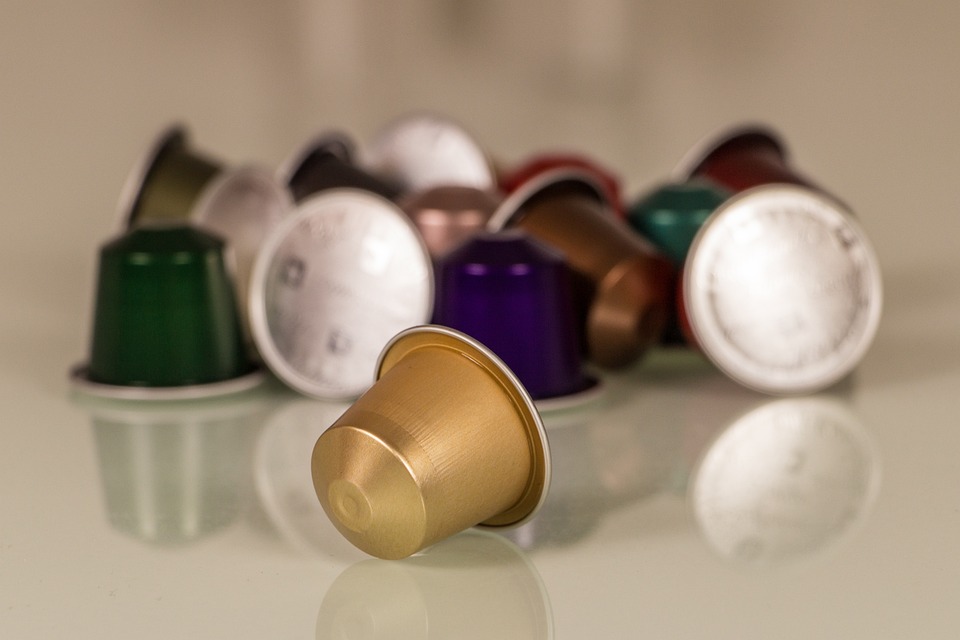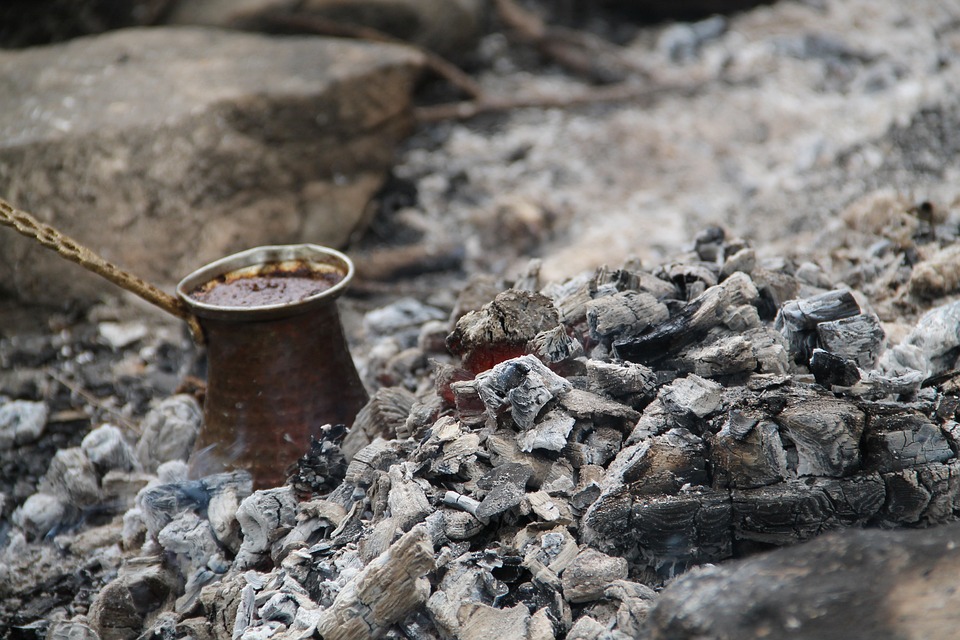Currently, around a billion cups of coffee are being drunk worldwide every day. This beverage is so loved that we can all think of others who have a deep appreciation for it. And why not? A great cup of coffee can start off an excellent day. It awakens our taste and smell senses while giving a much-needed lift to our brains. Despite the global love for coffee, dedicated coffee fans often face a prevalent question: “Is coffee beneficial or detrimental to me?” Sadly, there’s no easy answer to this. Conflicting results from numerous studies over the years complicate this issue and could potentially result in frustration.
The confusion stems from two facts. Coffee contains both helpful antioxidants and harmful caffeine. Do these components offset each other or does one dominate the other? This is our attempt to find an answer. In this article, we’ll discuss both sides of the issue and we’ll attempt to find a reasonable conclusion after due consideration of all the facts.
Coffee is Bad
Caffeine has demonized coffee. In the early years of the 19th century, caffeine was blamed for causing abnormal body growth and for the development of numerous cardiovascular diseases. While most of the myths were later disproved, caffeine is still considered a potent and addictive stimulant to this day. It influences the central nervous system, increasing attentiveness, heart rate, and perspiration.
Drinking more than five cups of coffee per day will cause unwanted symptoms like unusual excitement, nervousness, insomnia, intestinal disorders, and even hallucinations. Eight cups will increase bad cholesterol in the blood, which could result in obesity and diabetes.

Genetics also plays an important role. There are certain people who are more sensitive to caffeine than others. For these individuals, drinking even two cups of coffee (or about 250 mg of caffeine) will cause uncontrolled shaking or shivering. Genetics aside, ingesting large amounts of caffeine per day will be fatal for almost any adult. Fortunately, caffeine is only fatal if you ingest around 10 grams or 100 cups of coffee, so it’s highly unlikely that you’ll be able to consume that much without taking some very extraordinary measures.
Caffeine’s effect on the brain is short-lived since it is rapidly metabolized. Now, you may argue that rapid absorption is beneficial since it gives you a boost of attentiveness and focus whenever you need it. However, in some cases, this does more harm than good. Since caffeine is so addictive, consuming more will eventually increase your tolerance levels and lead to dependency. Moreover, once you get addicted, you can’t stop all at once. If you do, you’ll experience mild to severe headaches, nausea and other withdrawal-related symptoms.
Another negative component of coffee is the chemical acrylamide. This chemical compound is formed during the brewing process and is a common ingredient in plastic production. Some studies have even considered acrylamide a carcinogenic and have linked it to neurological conditions.
Coffee is Good
Coffee is considered the world’s greatest source of antioxidants. Antioxidants are nature’s way of repairing damaged human cells caused by pollution, unhealthy foods, alcohol and smoking. Coffee might not be on the top list of antioxidant-rich foods like berries and cloves but considering the volume of consumption, coffee undoubtedly ranks number one as an antioxidant source.

Because of its antioxidants, moderate coffee consumption can have several health benefits, such as reducing the risk of cancer, stopping premature aging, controlling type 2 Diabetes, and slowing cognitive decline.
As already mentioned, coffee (more particularly caffeine) is also a quick way to improve your focus and attention. It keeps you going when you need that spurt of energy to finish that last hour of work. When consumed in moderation, you can easily avoid most of the harmful effects of coffee and still enjoy all its benefits.
Conclusion
Looking at the emerging studies on coffee, it appears that coffee is generally good. More and more studies have concluded that the health benefits of antioxidants far more outweigh the detrimental effects of caffeine. With that said, however, there are still a few more things to consider.
Firstly, most of these studies were based on observational data. It is difficult (if not impossible) to control every variable since you can’t exactly lock the study participants up in a single room and control all their intake. Each participant lives his own life, consumes his own food, and exposes himself to his own environment. Obviously, this will result in imperfections in the study which researchers cannot control or perfectly predict. These ever-changing variables are one of the reasons why a study conducted ten or twenty years ago may not have the same results as a study conducted today. In fact, while some older studies demonized coffee for the negative effects of caffeine, more recent studies now praise coffee for its health benefits. Considering such a complete turnaround, it’s quite difficult to say if researchers will continue to praise coffee twenty or thirty years from now.
Secondly, dosage matters. A regular adult can safely consume around 100 mg of caffeine or about two cups of coffee per day. In terms of antioxidant levels, a cup of coffee contains about 270 Oxygen Radical Absorbance Capacity (ORAC) units. The recommended daily dose is about 3,000 ORAC units, which translates to about 10 cups of coffee. Clearly, however, this is way too much coffee in terms of caffeine. Thus, the recommended amount of coffee per day is only two or three cups. Thus, you simply need to consume other antioxidant-rich foods to make up for the deficiency.
However, if you really want to meet your recommended daily dose of antioxidants using coffee alone, some coffee lovers have proposed an interesting solution. Instead of adding calorie-rich sugars and creams to your coffee, you should try adding turmeric, cinnamon, coconut butter, cocoa, or other spices. These additions not only resolve the antioxidant issue, but also improve the coffee by adding unique flavors and healthy vitamins, nutrients, minerals, and phytochemicals. You can also replace the usual accompaniments like cakes and biscuits with nuts, fruits or other healthier alternatives.
In the end, however, coffee is simply one aspect of your lifestyle. Whether coffee is good or bad for you should take a back seat to overall health conditions, such us proper diet and regular exercise. You’ll need to look at the big picture and take everything into consideration if you want to ensure your good health.




